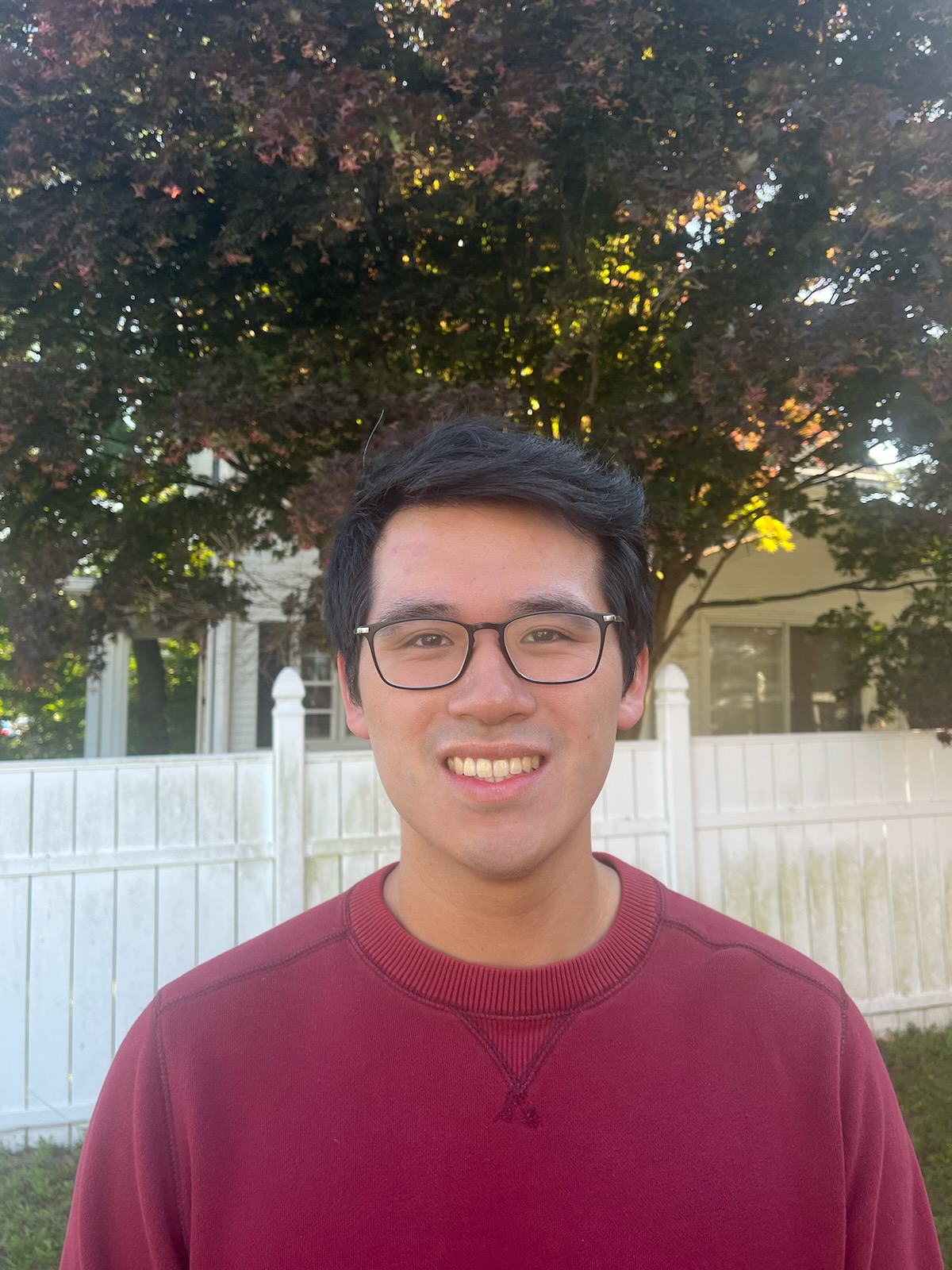Mental Health Counselor

I am a clinician at our Quincy clinic who provides therapy services!
The ideal client’s issues is related to race and culture-related issues. Whether they are experiencing severe mental health issues such as anxious, depressive, or phobic symptoms, or whether they are experiencing lesser, yet still distressing, challenges such as interpersonal conflicts, stress management, career-related issues, or things pertaining to life-adjustment, people’s cultural and racial identity can cause or amplify these challenges. More specifically, I am interested in serving the Asian community. An ideal client for me would be someone like a 30 years-old male individual who is experiencing symptoms of depression and anxiety after several years attending medical school. This individual comes from a Vietnamese background, and his family were immigrants who came to the U.S. shortly after the Vietnam War. This individual is deeply unhappy with his career choice, but he is also worried how his parents will respond if he communicates with them that he is interested in pursuing a career in entertainment, something that he has always felt passionate about.
Their needs includes a mental health counselor that is empathic and validating towards this client and his complex experiences. Additionally, they need a clinician who is culturally sensitive to the client’s unique, race-related circumstances (i.e., growing up with Vietnamese immigrant parents).
Their goal is to first learn and practice coping skills to address depressive and anxiety symptoms (i.e., mindfulness skills, breathing). Another goal would be having a better understanding of their symptoms and where they originate from; this would include integrating the exploration of cultural-family issues with client’s current experiences.
The ideal client generally wants better for themselves via mental health counseling. They are open-minded and willing to engage in vulnerable conversations in order to better understand themselves and strive towards personal growth.
My current specialty primarily involves acceptance and commitment therapy. With this modality, I can help people to learn how to “accept” their emotional or cognitive issues (i.e., feeling upset, believing oneself is unlovable) and learning how to “commit” to actions that lead to personal fulfillment. Instead of being “stuck” with themselves and their current circumstances, I can help clients to strive towards growth by achieving and practicing “psychological flexibility”. Under the ACT modality, I will help clients become more mindful of their internal experiences; I will help them to feel these uncomfortable emotions and acknowledge distressing thoughts without becoming dominated by them; I will help clients identify values that they want to live by and helping them to commit to actions that align with them. My service with ACT can be formal and structured, or it can be informal and unstructured. It all depends on the needs of the client, and I am comfortable with allowing them to decide how they receive ACT treatment.
Additionally, I offer person-centered therapy. With this modality, there’s little to no skills involved (unless specifically requested by the client). Instead, I integrate core values into my therapy with clients. The first would be to deeply empathize with the client — working hard to understand their issues, thoughts, experiences from their frame of reference. Second, the client would experience me, the clinician, as non-judgmental and accepting towards them. Third, the client would experience the therapeutic relationship and environment as safe. Fourth, I would infuse my attitude into the therapy in which I believe that the client has an innate potential to grow. The combination of these elements can help the client understand themselves and reach their potential.
As an individual, my hobbies include physical activities such as tennis, pickleball, bouldering, and nature walks. I also like to indulge in video games and watching esports. Lastly, I enjoy engaging in Asian media such as K-pop, Asian dramas, anime, etc.
As a clinician, I subscribe to the notion that I am both a teacher and a student: I have some expertise to share and practice while also acknowledging that I still have a lot to learn as a therapist. This belief helps me to embrace all forms of learning, whether its through literature, mentorship, collaboration with colleagues, or through honest feedback from clients. I appreciate constructive feedback about my practice so that I can improve myself for the benefit of current and future clients. As an open-minded individual, I am committed to learning about new techniques and modalities in order to expand my clinical knowledge and my ability to help others. I also welcome humor in my practice. Therapy is definitely the place to experience and express unpleasant emotions such as sadness, anger, and anxiety. However, I want my therapeutic space to be inclusive to all kinds of emotions and feelings, including joy and positive reactions like smiling and laughter. I also believe that laughter and humor can be an effective way to enhance the therapeutic relationship and one’s experience in therapy.
